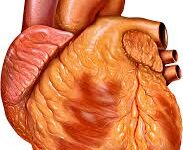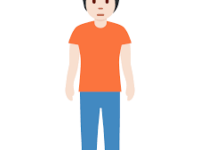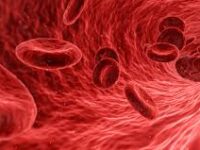Have you ever gotten a flu at the same time as your siblings and wondered why your sister’s fever went away days ago while your brother is still battling with it bedridden? COVID–19 is what really brought to attention the influence sex plays on one’s immune system when men started dying from the disease at a greater rate than women. But is it our sex chromosomes or our gonadal hormones that are affecting our ability to fight off infection?
“COVID–19 is what really brought to attention the influence sex plays on one’s immune system when men started dying from the disease at a greater rate than women.”
Tadepally Lakshmikanth and her team of researchers all had the same question which led them to conduct an experiment determining whether gender–affirming testosterone treatment would affect the immune systems of transgender men in Sweden. The experimenters specifically focused on the administration of synthetic testosterone during gender–affirming hormone therapy (GAHT) and observed the 23 immune systems of 23 trans men before the onset of treatment, three months after, and twelve months following GAHT.
The results showed a significant shift in all 23 of the participants’ immune systems as the GAHT increased testosterone circulation in the bloodstream and triggered interferon–mediated defense responses. Type I interferons are important polypeptides that contribute to creating a strong antiviral defense when receptors such as TLR7, found in the endosomes of plasmacytoid dendritic cells (pDCs), detect a virus. The pDC expressed TLR7 receptors are found on a section of the X chromosome. Women, with XX chromosomes, naturally have double the expression of TLR7 than males who have XY chromosomes. Therefore, women produce more interferon cells and have a stronger immune response. Yet, if this is the case, why is it that transgender male immune responses weakened in response to a treatment that is not changing their sex chromosomes, only their gonadal hormones?
The same group of experimenters treated cell samples of cisgender women with androgens in a Petri dish and the same result was found. The interferon response was consistently suppressed in effect to androgen treatment. This androgen–mediated suppression response confirmed that gonadal hormones do affect immune system response. The reduction of interferon response comes from the upregulation of a negative modulating protein, SOCS3, in addition to the downregulation of a positive modulating protein, IRF7. These modulating proteins activate when androgen or synthetic testosterone increases in the bloodstream. The dysregulation of these two modulators confirm that hormones affect the immune system by reducing interferon production, the important polypeptide for antiviral defense.
The link between testosterone treatment and a weakening immune system opens up the discussion for what other downsides GAHT could be coupled with alongside whether there are just as effective, less destructive alternatives. In addition, since discovering how closely testosterone works with other polypeptides and receptors, such as those in the immune system, scientists are now speculating whether observed changes during treatment are directly due to testosterone or indirectly related to the downstream effects of testosterone.






